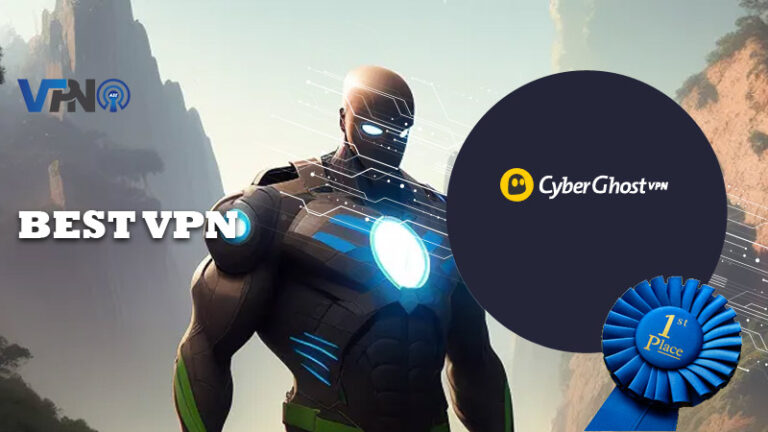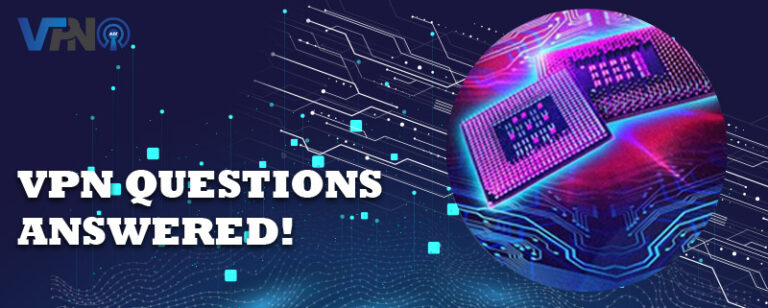What is a VPN and What Does it Do For You? (+video)
What is a VPN, and what does it do for you? Using a VPN helps you protect your internet connection and privacy while browsing. It hides your IP address so your internet service provider can’t track you. A VPN also helps you stay safe while using public Wi-Fi hotspots. VPNs encrypt your internet traffic, so it’s impossible for others to track or sell your online traffic.

2. PIA - Ton of servers world wide, but especially great in United States.***

3. NordVPN - The bigger the better! A great choice everywhere!***

4. ExpressVPN - Trusted by millions in over 180 countries!***

5. SurfShark - Amazing deal right now!***

6. PrivadoVPN - Exclusive deal - Cheapest 1 year deal online - ONLY through this link***

*** Offers money-back guarantee. So try them risk free!
Video: What is a VPN and how does it work
Connecting to a vpn server
VPN (virtual private network) servers create an encrypted connection between your computer and the Internet. These encrypted connections allow a device at one location to access the system at another. For example, the device you see in front of you may be a part of a network in the business or home that is unavailable to other users. With VPN, you can avoid these annoyances and get the content you need while being protected from online snoopers.
First, download the appropriate VPN client application and sign up for a subscription. Many VPN services have mobile apps available for download in the App Store and Google Play Store. Official VPN sites should provide download links for other platforms. Avoid downloading apps from unauthorized sites as they may contain malware. Most apps have a prominent connect button that allows you to connect to the nearest VPN server. This will provide the highest speed and lowest latency.
Secondly, choose the appropriate protocol. IPSec is a popular protocol for security. This protocol has many benefits, including the ability to hide your IP address. For example, a VPN client will protect you from online surveillance, and you’ll be able to access the Netflix catalog. You can even access the Netflix catalog if you’re in a public place like a library or school. Just remember that this connection will be encrypted.
The VPN client should be installed on your device. If the application isn’t working, try reinstalling it or trying another VPN. You should also try closing any background applications or cleaning up your computer’s disk space, and check your internet connection. VPN settings may need to be reset to their default values if you experience any problems. There are also several other ways to troubleshoot a VPN connection.
Encrypting data coming and going from your device’s internet connection
A VPN protects your privacy by encrypting data coming and going from your device’s web connection. VPNs disguise your traffic as a random string of numbers, which helps protect it from throttling by your ISP. These services can also protect your traffic while browsing on public WiFi networks, where hackers can easily penetrate your traffic. The most common encryption method used by VPNs is AES-256 bit encryption, which is the strongest encryption available. AES-256 bit encryption has the longest encryption key, meaning it will take more time for hackers to decrypt the data. Leading security agencies and governments use this encryption method to protect sensitive data.
VPNs use asymmetric key exchange (AKE) to protect your data. AKA asymmetric key exchange, this type of encryption is automatically configured between your device and a VPN server. This process uses complicated math to create public and private encryption keys. You can only use your public key to encrypt data, while the other party uses the private key to decrypt it. This secure communication occurs over a publicly-accessible channel.
Using a VPN protects your data in two ways. The first way a VPN works is to connect to a VPN server. Most apps allow you to choose a location and tap on the “connect” button. Once you’ve connected, all of your internet traffic goes through the encrypted tunnel before hitting the public internet. And the same happens when you’re connecting from a VPN server to another device. This way, your IP address and data are protected. If a server intercepts your data and reads it, your IP address will be exposed to other parties.
Most VPNs will allow you to use a VPN on multiple devices. Most will allow you to connect to as many VPN servers as you like at once, and you can even use several devices at once. A VPN app can be installed on your device within a few minutes. The best VPN apps allow you to connect to multiple devices at once, and most will allow you to use up to five or 10 at a time.
Using a vpn to bypass censorship
Using a Virtual Private Network or VPN is one of the most effective ways to bypass censorship. A VPN lets you access online content blocked by censors in other regions. You simply connect to a server located in a country that does not censor the internet. A VPN also encrypts data, so that it is completely private. The servers then route your connection through them. Once a VPN server receives your request, it will send the encrypted data through an internet connection.
Using a VPN to bypass censorship can be difficult for some users, but there are other ways to circumvent restrictions. A VPN is especially useful if you are restricted by your government. Many censorship policies are politically motivated, which means they may not be based on your personal beliefs. In such countries, certain news websites and social media are banned entirely. Fortunately, there are ways to circumvent such restrictions without breaking the law. By downloading the NordVPN software, you can connect to a server in a country with no censorship policies. This will allow you to view blocked content and circumvent censorship.
Many governments censor the Internet and block IP addresses, but that’s not the only way censorship works. Some governments block websites based on their political views and use heavy-duty internet restrictions to monitor their citizens. If a government knows what you’re looking at online, they may harass, shame, or even put you in jail. This type of social censorship is far more prevalent than technical censorship.
A VPN is an excellent way to bypass censorship and is a safe, transparent and secure way to access the internet. Using a VPN is best suited for experienced users with the knowledge to configure it and use it properly. However, VPNs are not for everyone, and may require you to install additional software. However, if you’re living in a censored area and are trying to access websites, a VPN may be your best option.
If your ISP detects that you’re using a VPN, they can stop your access. By ensuring that your VPN is encrypted with a higher level, you can be assured that your private communications are secure. In many instances, governments don’t even bother monitoring VPN users, as their servers aren’t located within the country. Using a VPN will help you access these websites, but you must trust your VPN provider to protect your privacy.
Keeping browsing history private without a vpn
You may have wondered how to keep your browsing history private without a VPN. Generally, your internet traffic passes through your internet service provider (ISP) before it reaches websites or apps. While you may trust your ISP’s security, you don’t know that they are just as prone to breaches as you are. Fortunately, VPNs are a great solution to this problem. By using a VPN, you can make your browsing history and other information private.
Using private browsing mode in your browser will prevent any obvious tracks on your computer. Additionally, it prevents websites from recording the websites you visit. Using this mode only affects your computer, however, and won’t completely erase your browsing history. Internet service providers and corporate networks can still monitor your activity. To keep your browsing history and information private, you can either install a VPN or use a browser extension that protects your identity.
Another option is to use a private browser. In this mode, your browser will not save your browsing history, cookies, or form data. It also clears your local data when you quit your browser. Using this mode also helps keep auto-fill suggestions clean. Private browsing can protect you from spoiling your gifts. Despite the fact that it can be difficult to completely secure your browsing history, it is still essential to make sure your browsing is safe.
While you can download a free VPN service, this option may not be the most ideal option. Many VPNs block cookies by default. Using a VPN to keep your browsing history private will allow you to control which cookies are allowed. However, you must follow the steps for each browser you use and all your social media accounts. For best results, install a VPN before your browsing history is stored anywhere. The benefits will outweigh any disadvantages.
Another method of keeping your browsing history private is to use incognito mode. By doing this, your browser will not store records of your activity. Your Internet Service Provider will then be able to sell that information to advertisers. If you don’t want to share this information, you can use private browsing to protect yourself and your family from surveillance. You can also opt for incognito mode to keep your browsing history private.
VPN Comparison 2024
| Company | 1 Month | 6 Months | 1 Year | 2 Year | 3 Year | - |
|---|---|---|---|---|---|---|
| CyberGhost | $12,99 | $6,99 | - | $2,19 | - | Visit Website |
| NordVPN | $11,99 | - | $4,99 | $3,69 | - | Visit Website |
| PIA | $11,99 | - | $3,3 | 2024 Deal right now: $2,03 (Doesn't get cheaper!) | $2,03 | Visit Website |
| ExpressVPN | $12,95 | $9,99 | $8,32 | - | - | Visit Website |
| SurfShark | $12,95 | - | $3,99 | $2,49 | - | Visit Website |
| - | - | |||||
| PrivadoVPN | $10,99 | - | $2,50 | $3,99 | - | Visit Website |



